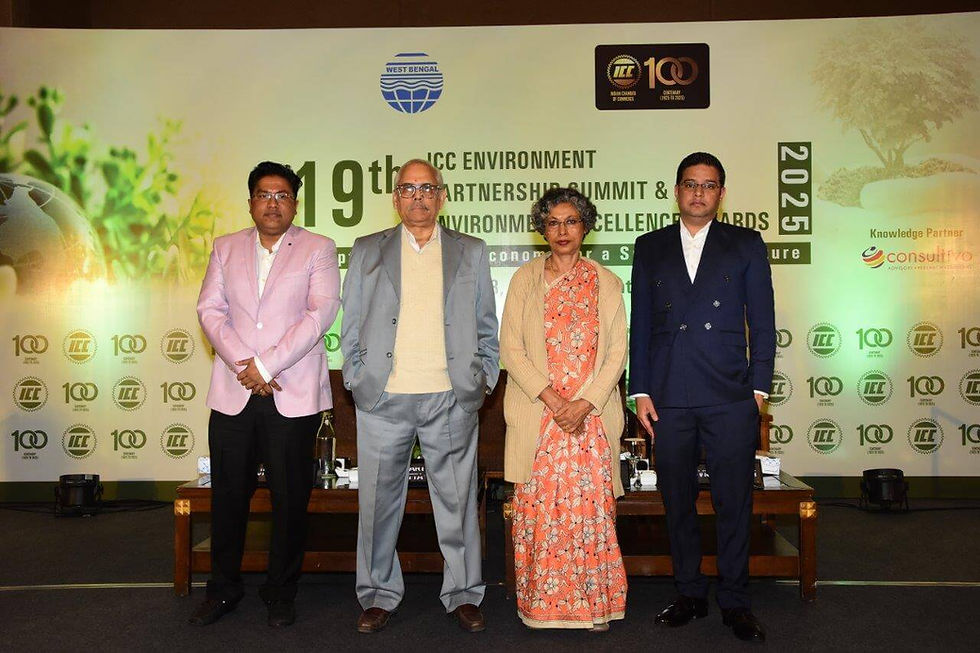Pioneering a Decarbonized Energy Future for Bangladesh 🌍⚡
- SMARTS Center

- Dec 2, 2024
- 2 min read
#Open-Source Power Sector Capacity Expansion model "PyPSA-BD: A Customized Model to Explore Decarbonized Energy Transition for Developing Countries," developed at SMARTS Center under #MCET Project in AIT got published in the Journal of Renewable Energy Focus. Coauthors: @Firuz A Nahid and @Joyashree Roy This work represents a step forward in methodological and tool development in addressing the need for sustainable power solutions in developing nations like #Bangladesh.
#PyPSA-BD a #high-resolution tool tailored specifically for Bangladesh. The model integrates geographic, #infrastructure, and #policy-specific data to explore #sustainable energy pathways, offering invaluable insights for policymakers, researchers, and stakeholders.
Key Insights:
Ø Renewable energy and storage solutions can entirely replace 6.85 GW of import-dependent oil-based plants by 2041, reducing reliance on volatile fuel imports.
Ø A fully decarbonized energy system by 2050 could generate 6.67 million #green jobs, significantly boosting the economy.
Ø Meeting 262 GW of solar and wind capacity by 2050 will require 2.49% of Bangladesh’s land, including innovative uses like rooftops and waterscapes.
Ø Sustained annual investments of €7.98 billion from 2025 onwards can fully decarbonize Bangladesh’s energy system by 2050, ensuring long-term energy security and climate resilience.
Ø By leveraging open-source tools like PyPSA-BD, nations can design tailored, cost-effective solutions for clean energy transitions.
Recommendations for Policymakers & Stakeholders:
ü Develop policies promoting rooftop solar, coastal wind farms, and advanced storage solutions to enable a reliable, renewable energy mix.
ü Launch large-scale training initiatives to prepare for the millions of green jobs generated by this transition.
ü Upgrade the grid to accommodate high renewable penetration and manage curtailments effectively.
ü Explore innovative strategies, such as floating solar and urban solar rooftops, to minimize conflicts and maximize land efficiency.
ü Engage with international #ClimateFunds and establish public-private partnerships to accelerate resource mobilization.
Why This Matters?
Open-source tools like PyPSA-BD empower countries to craft cost-effective and localized solutions, aligning national energy goals with global climate commitments.
The transition to renewable energy isn’t just about combating climate change, it’s about creating resilient economies, fostering job growth, and ensuring equitable access to energy. Let’s harness the power of collaboration and innovation to build a cleaner, greener future! 🌱
💡Access the full study here: https://www.sciencedirect.com/science/article/pii/S1755008424001194?via%3Dihub



